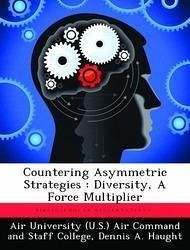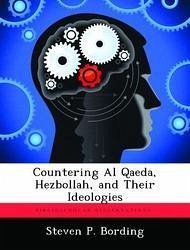
Preempting and Countering Al Qa'ida's Influence: Development of a Predictive Analysis and Strategy Refinement Tool
Versandkostenfrei!
Versandfertig in über 4 Wochen
52,99 €
inkl. MwSt.

PAYBACK Punkte
26 °P sammeln!
From shortly after its inception, Al Qa'ida has sought sanctuaries from which it could safely operate and provide support to Islamist groups around the world. It found one in Sudan from 1992 to 1996, in Afghanistan from the late 1980s to 2001, and in northern Pakistan in the 1980s, 1990s, and even after 2001. It also sought a sanctuary in Somalia in the early 1990s but had only limited success due to a number of societal factors. Operation Enduring Freedom ousted Al Qa'ida from its Afghani safe haven, forcing it to find a secure environment elsewhere. Initially it was in northern Pakistan, but...
From shortly after its inception, Al Qa'ida has sought sanctuaries from which it could safely operate and provide support to Islamist groups around the world. It found one in Sudan from 1992 to 1996, in Afghanistan from the late 1980s to 2001, and in northern Pakistan in the 1980s, 1990s, and even after 2001. It also sought a sanctuary in Somalia in the early 1990s but had only limited success due to a number of societal factors. Operation Enduring Freedom ousted Al Qa'ida from its Afghani safe haven, forcing it to find a secure environment elsewhere. Initially it was in northern Pakistan, but Al Qa'ida undoubtedly will search for other areas to expand its influence as international influences pressure the Pakistani government to allow more and more operations into the northern provinces. This thesis develops and validates a hypothesis that identifies eight characteristics of a society that attracts Al Qa'ida and helps them establish a secure environment from which to operate. The characteristics defined in this hypothesis will aid in predicting Al Qa'ida's future engagement endeavors and help develop more tailored, poignant engagement strategies to preempt or counter Al Qa'ida's expansion efforts.














